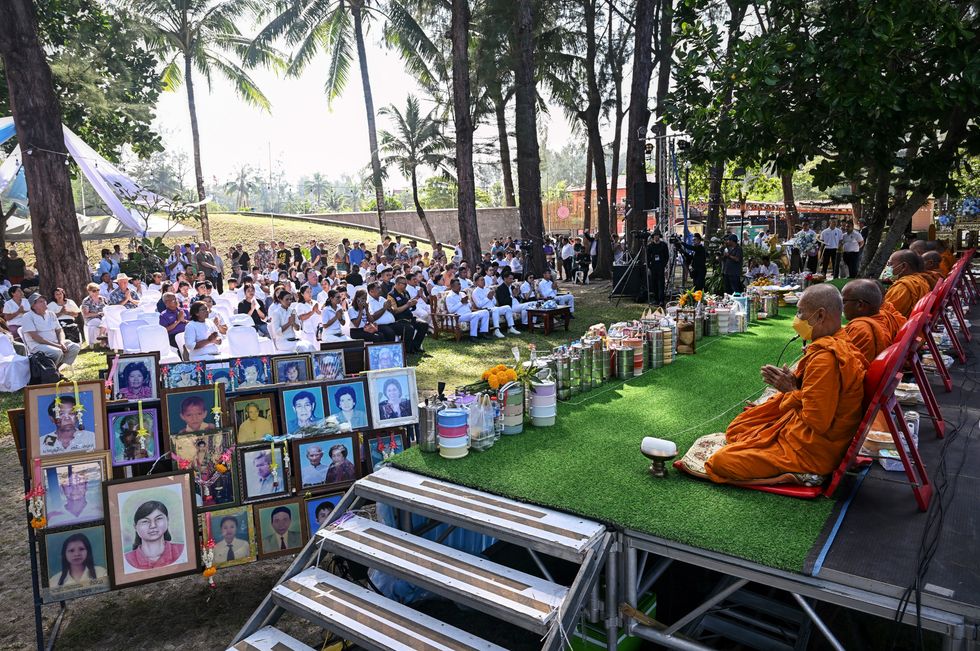India is planning a repatriation campaign for artefacts dating back to the colonial era, including the controversial Kohinoor diamond, a British media report has said.
The Daily Telegraph newspaper claims the issue is among the priorities of the Indian government of prime minister Narendra Modi, with it likely to spill over into diplomatic and trade talks between the two countries.
While the Archaeological Survey of India (ASI) is said to be leading efforts to reclaim objects “trafficked” out of the country since independence, officials in New Delhi are believed to be coordinating with diplomats in London to make formal requests to institutions holding artefacts seized as “spoils of war” or collected by enthusiasts during colonial rule.
“The long work of repatriation will begin with what is considered the easiest targets, small museums and private collectors, who may be more willing to voluntarily hand over Indian artefacts, and then efforts will turn to larger institutions and Royal collections,” the newspaper report said.
Senior officials in New Delhi believe that such historical artefacts can reinforce a strong national cultural identity.
Lily Pandeya, joint secretary of the Ministry of Culture, quoted as saying: “Antiquities have both physical and intangible value, they are part of the continuity of cultural heritage, of community and national identity. By robbing these artefacts, you are robbing this value, and breaking the continuity of knowledge and community.”
The Kohinoor, also known as Koh-i-Noor or mountain of light in Persian, was in the spotlight at last week's Coronation with Queen Camilla averting a diplomatic row by choosing alternative diamonds for her consort's crown.
The 105-carat diamond was held by rulers in India before landing in the hands of the East India Company from Maharaja Ranjit Singh's treasury and then being presented to Queen Victoria following the annexation of Punjab.
“The return of such a historically significant artefact would be ‘deeply symbolic,' according to ministerial circles in New Delhi, and there is understood to be a political will to achieve such a symbolic post-colonial victory,” the report said.
The British Museum could face claims for its collection of Hindu statues and the Amaravati Marbles, which were taken from a Buddhist stupa by civil servant Sir Walter Elliot and the Victoria and Albert Museum's Indian collection could also be subject to claims.
The newspaper describes this drive to reclaim Indian artefacts as a “reckoning” with the country's colonial past.
The Secretary for the Indian Ministry of Culture, Govind Mohan, said returning antiquities would form a key part of India's policy-making.
“It is of huge importance to the government. The thrust of this effort to repatriate India's artefacts comes from the personal commitment of Prime Minister Narendra Modi, who has made it a major priority,” the newspaper quoted Mohan as saying.
There have been other cultural trends in recent years toward repatriation, with Greece seeking the Elgin Marbles and Nigeria the Benin Bronzes.
Last year, Glasgow Life – a charitable organisation which runs the Scottish city's museums – signed an agreement with the Indian government to repatriate seven stolen artefacts to India. Most of these objects were removed from temples and shrines in different states in northern India during the 19th century, while one was purchased following a theft from the owner.
All seven artefacts were gifted to Glasgow's collections, according to Glasgow Life. In New Delhi, a senior official of the ASI said concerted efforts are being made to repatriate artefacts from out of the country.
"Since Independence, 251 artefacts have been brought back to India, and 238 of these have been repatriated since 238," ASI spokesperson Vasant Swarnkar said.
"Besides, about 100 artefacts are in the process of being repatriated, from countries including the UK, and the US," he told PTI.
(PTI)
India plans ‘repatriation of Koh-i-noor diamond from UK’
Senior officials in New Delhi believe that historical artefacts can reinforce a strong national cultural identity.






 Monks sit on a stage next to portraits of tsunami victims as people take part in an interfaith ceremony at the Ban Nam Khem Tsunami Memorial Park in southern Thai province of Phang Nga on December 26, 2024. (Photo: Getty Images)
Monks sit on a stage next to portraits of tsunami victims as people take part in an interfaith ceremony at the Ban Nam Khem Tsunami Memorial Park in southern Thai province of Phang Nga on December 26, 2024. (Photo: Getty Images)













